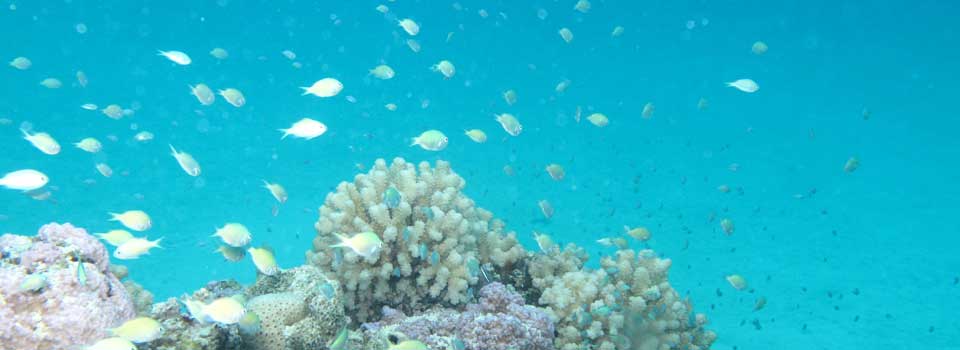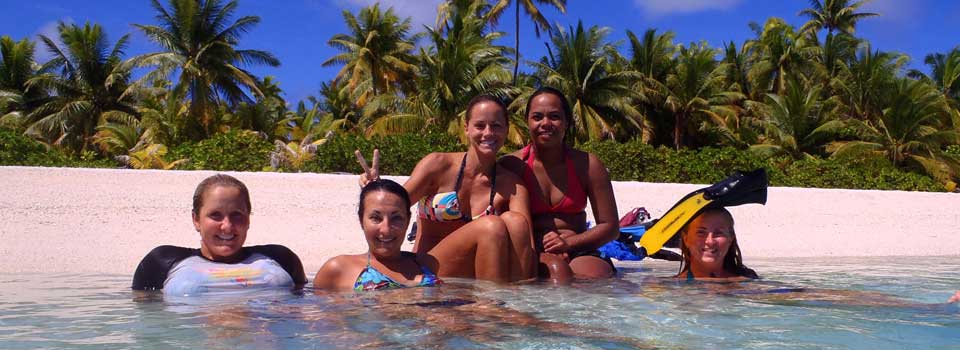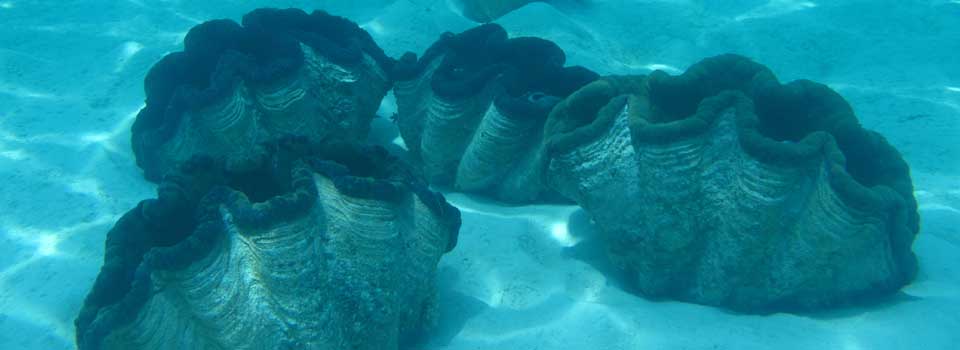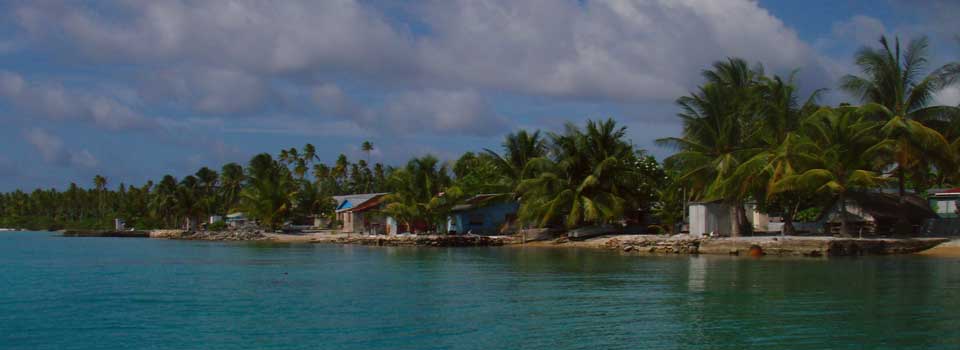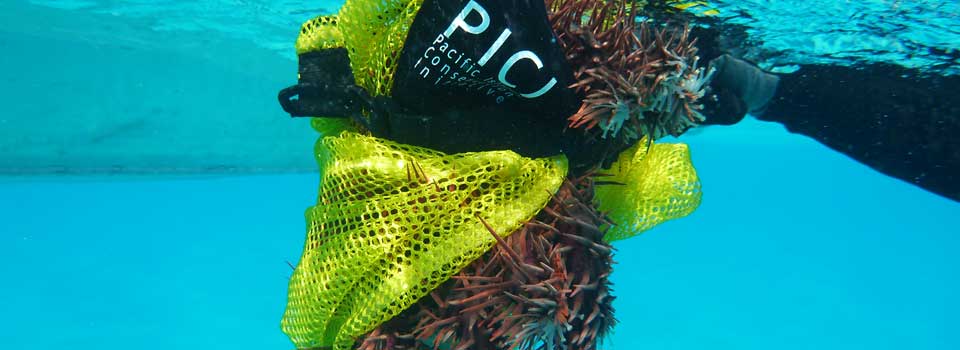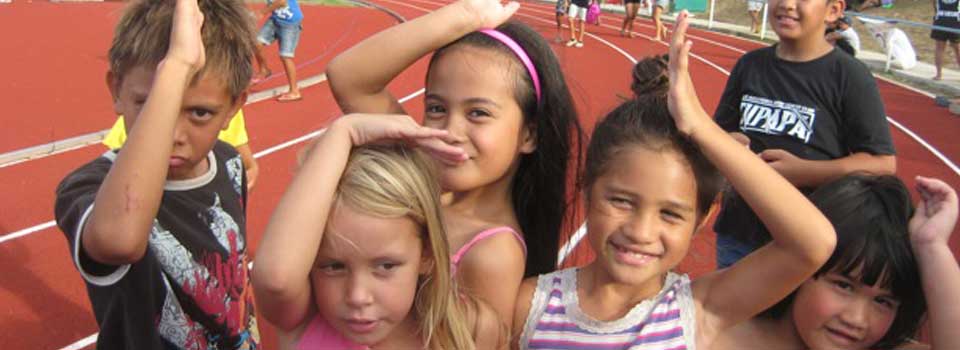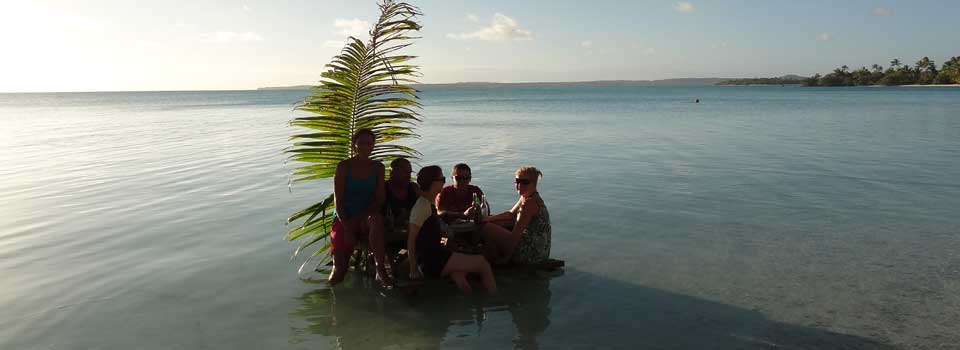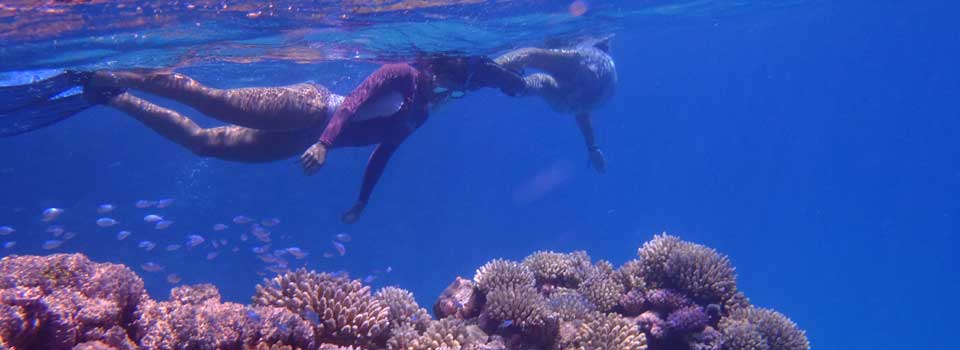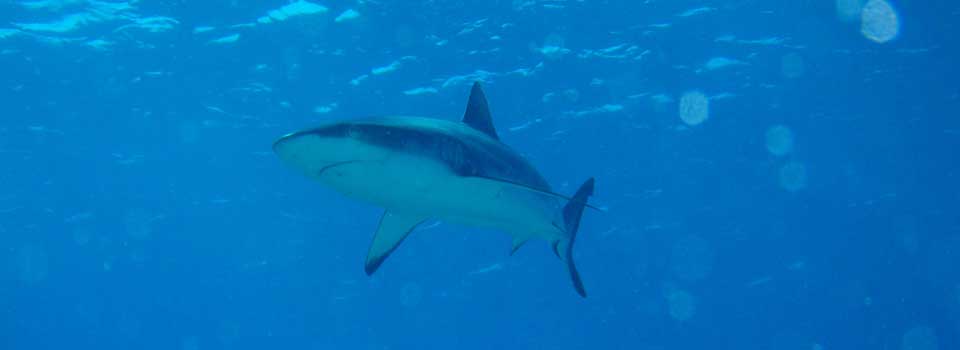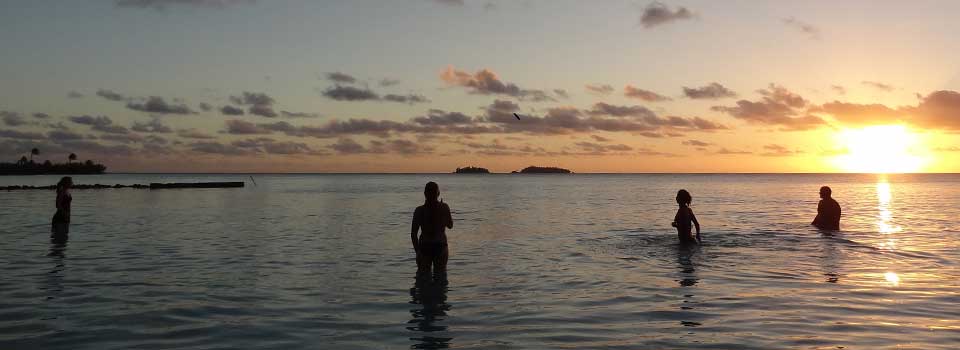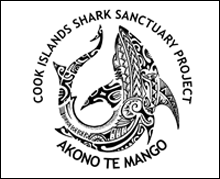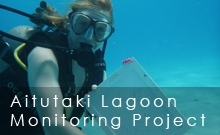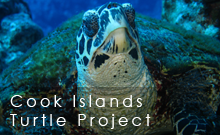About the Pacific Islands Conservation Initiative
Our Vision
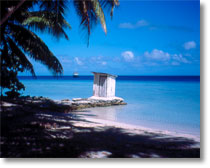 To
work in the Pacific, alongside the people and communities that have
inhabited these remote islands for so long, working to assist in
the understanding of the environment, the protection of vulnerable
species and the preservation of habitat, so these remote islands
can remain a very special place for people and nature.
To
work in the Pacific, alongside the people and communities that have
inhabited these remote islands for so long, working to assist in
the understanding of the environment, the protection of vulnerable
species and the preservation of habitat, so these remote islands
can remain a very special place for people and nature.
Mission
To develop a society that works in the tropical pacific to preserve species, habitats and communities through the provision of sound science, establishment of programmes and advocating for legislative protection.
How the PICI will acheive this
The Pacific Islands Conservation Initiative will develop projects in a number of ways.
1. Developing its own projects as members become aware of needs in the environment.
As the Pacific is a remote and sparsely populated region there are many environmental and ecological phenomenon that have yet to be researched. If we identify an area in need of research, or if a collaborator wishes to conduct research with us, we will establish a project to carry out that work. An example of this is the Cook Islands Turtle Project.
2. Answering requests from communities in developing scientific responses to problems of a conservation nature.
If we hear there is a group that has questions to ask about their environment, we will work with them to identifiy exactly what it is they are trying to find out, then develop a project to answer that question. An example of this would be if a group wanted to know why the clams in their lagoon were getting smaller and smaller. We would respond by identifying what the most likely issue is, creating a research project and finding some colaborative researchers to take up the challenge.
3. Working with other regional, international and government organisations to achieve common goals in conservation.
How the Pacific Islands Conservation Initiative began
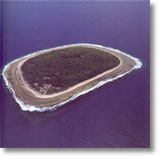 After
visiting and working in the Pacific for over a decade, I recognized
the need for an agency to carry out small scale community work and
research in areas that have not yet been addressed. Many small island
communities have a very good understanding of their environment,
particularly with how it relates to the people. However, sometimes
they have questions that require scientific study to properly answer,
and this where the Initiative hopes to be of assistance.
After
visiting and working in the Pacific for over a decade, I recognized
the need for an agency to carry out small scale community work and
research in areas that have not yet been addressed. Many small island
communities have a very good understanding of their environment,
particularly with how it relates to the people. However, sometimes
they have questions that require scientific study to properly answer,
and this where the Initiative hopes to be of assistance.
In 2002 I visited a remote island in the Pacific, Nassau, which is part of the Cook Islands. At that time the island was inhabited by 80 people, 43 of whom were children.
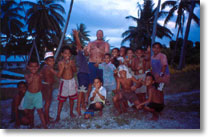 I
was dropped there by the Cook Islands Maritime Patrol Vessel, Te
Kukupa, in order to carry out a base line survey of the marine environment,
with regards to a planned harbour development. This work was as
remote and basic as it gets. No compressor was available so I was
delivered to the island with 12 cylinders, equipment and food. Along
with my equipment, the islands supplies were delivered. Freight
to the island is sporadic and every opportuinty is taken to get
food to the people.
I
was dropped there by the Cook Islands Maritime Patrol Vessel, Te
Kukupa, in order to carry out a base line survey of the marine environment,
with regards to a planned harbour development. This work was as
remote and basic as it gets. No compressor was available so I was
delivered to the island with 12 cylinders, equipment and food. Along
with my equipment, the islands supplies were delivered. Freight
to the island is sporadic and every opportuinty is taken to get
food to the people.
The community was very special. They lived a communal, subsitance lifestyle with a quirky mix of modern life mixed in. The thing that was impressed upon me most was their connection to the environment (through a need for it to sustain them).
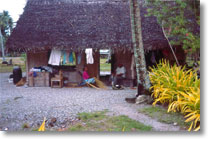 After
my experience on Nassau, and a similar one on Mitiaro (200 people)
the seed was planted to find a way to help these communities resolve
some of their environmental issues, and in the meantime, preserve
the wonderful habitat and ecology that these islands represent.
After
my experience on Nassau, and a similar one on Mitiaro (200 people)
the seed was planted to find a way to help these communities resolve
some of their environmental issues, and in the meantime, preserve
the wonderful habitat and ecology that these islands represent.
7 years later, the Pacific Islands Conservation Initiative has finally been developed to answer the many questions that are often asked.
By Steve Lyon, founder.
Current time in the Cook Islands is

